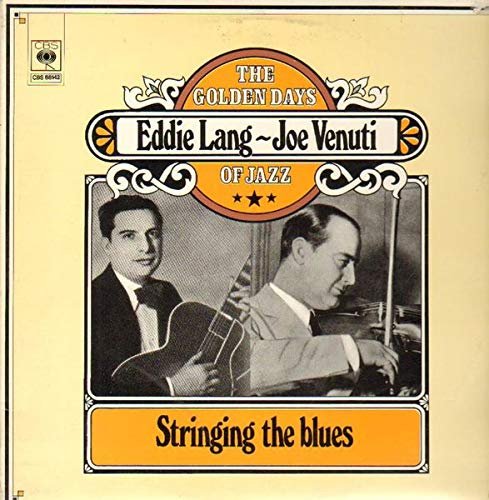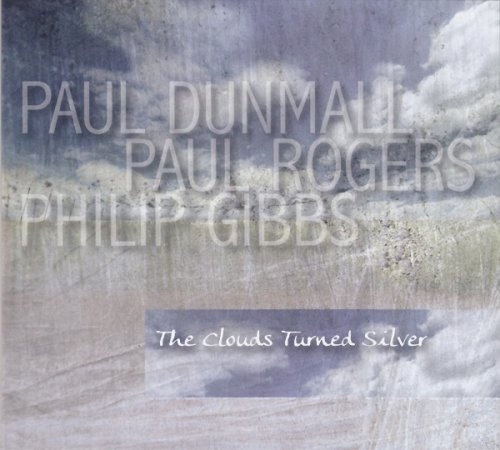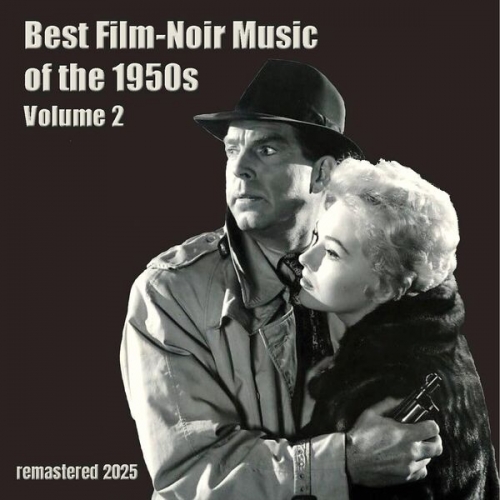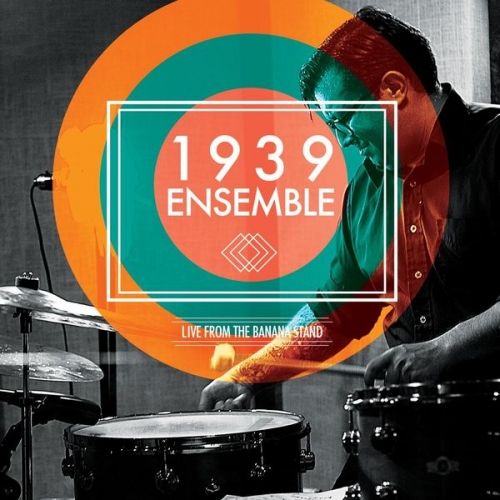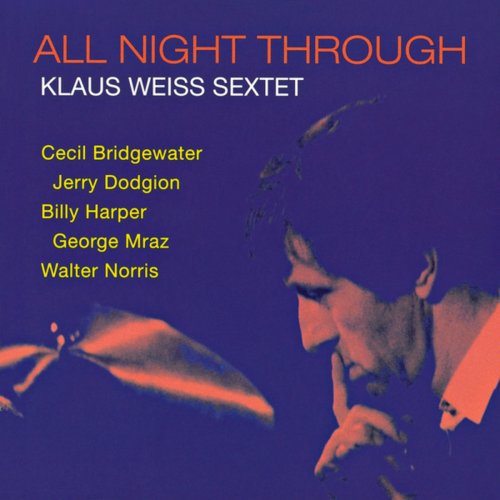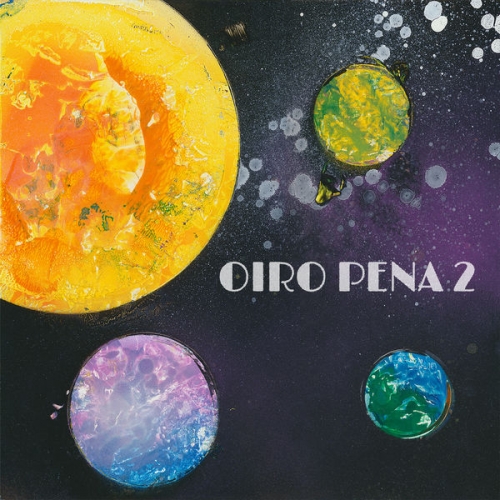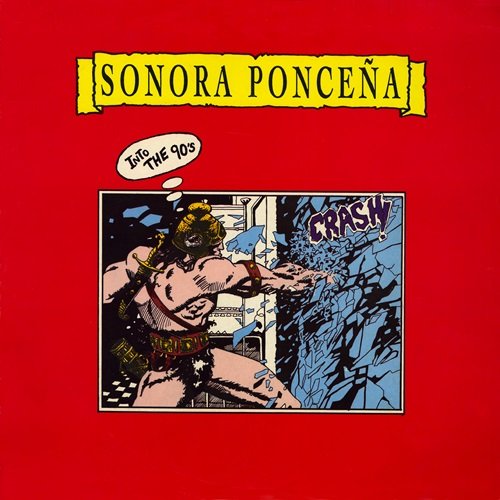Edwin Fischer - The Mozart Piano Concerto Recordings 1933 - 1947, Vol.3 (2000)
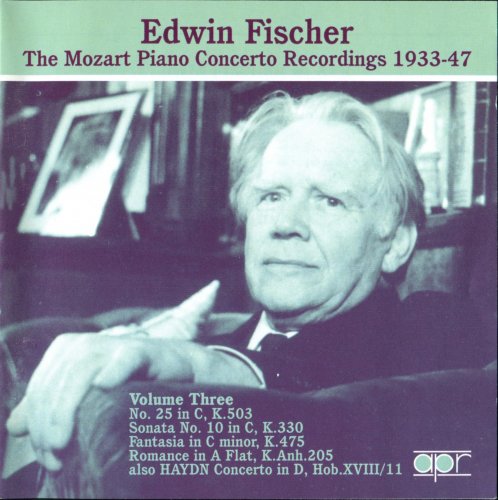
Artist: Edwin Fischer
Title: The Mozart Piano Concerto Recordings 1933 - 1947, Vol.3
Year Of Release: 2000
Label: APR
Genre: Classical
Quality: FLAC (image+.cue,log,scans)
Total Time: 75:05
Total Size: 277 Mb
WebSite: Album Preview
Tracklist: Title: The Mozart Piano Concerto Recordings 1933 - 1947, Vol.3
Year Of Release: 2000
Label: APR
Genre: Classical
Quality: FLAC (image+.cue,log,scans)
Total Time: 75:05
Total Size: 277 Mb
WebSite: Album Preview
Piano Concerto No.25 K.503
[1] I. Allegro maestoso
[2] II. Andante
[3] III. Allegretto
rec.: London, 10.10.1947
Piano Sonata No.10 K.330
[4] I. Allegro moderato
[5] II. Andante cantabile
[6] III. Allegretto
rec.: London, 6.03.1937
[7] Fantasia K.475
rec.: Berlin, 29.05.1941
HAYDN - Concerto Hob.XVIII/11
[8] I. Vivace
[9] II Un poco adagio
[10] III. Rindo all'Ungerese (Allegro assai)
rec.: Vienna, 19-22.10.1942
Performers:
Edwin Fischer - piano and conductor
Philharmonia Orchestra - Josef Krips [1-3]
Wiener Philharmoniker [8-10]
The record label APR has taken to transferring and reissuing much of the legendary pianist Edwin Fischer's recorded legacy and these Mozart recordings are arguably the most revealing of the bunch. With students such as Paul Badura-Skoda, Alfred Brendel, and Daniel Barenboim, Fischer is largely responsible for the way Mozart's piano music is now played and heard. Prior to Fischer, a nineteenth century characterization of Mozart as divine child genius governed interpretations of his music, which often sounded either deifying or trivializing. Fischer emphasized Mozart's resplendent and profound humanity and, in so doing, revolutionized the way this music is understood. On this recording, a magnificent example of this is found in Fischer's collaboration with the famous Mozartian opera conductor, Josef Krips, on the Piano Concerto No. 25. Fischer's pupil, Marcella Barzetti, cited the finale as a model of his pianism: "Each note has the resiliency of a coiled spring. Nothing is merely pretty or pleasing, but exploding with vitality, and the melodic design flows smoothly without coyness." With the guiding opera sensibility of Krips at the helm, the concerto unfolds as a compelling human drama.
![Don Leisure - Halal Cool J (2019) [Hi-Res] Don Leisure - Halal Cool J (2019) [Hi-Res]](https://www.dibpic.com/uploads/posts/2019-05/1557043283_folder.jpg)
